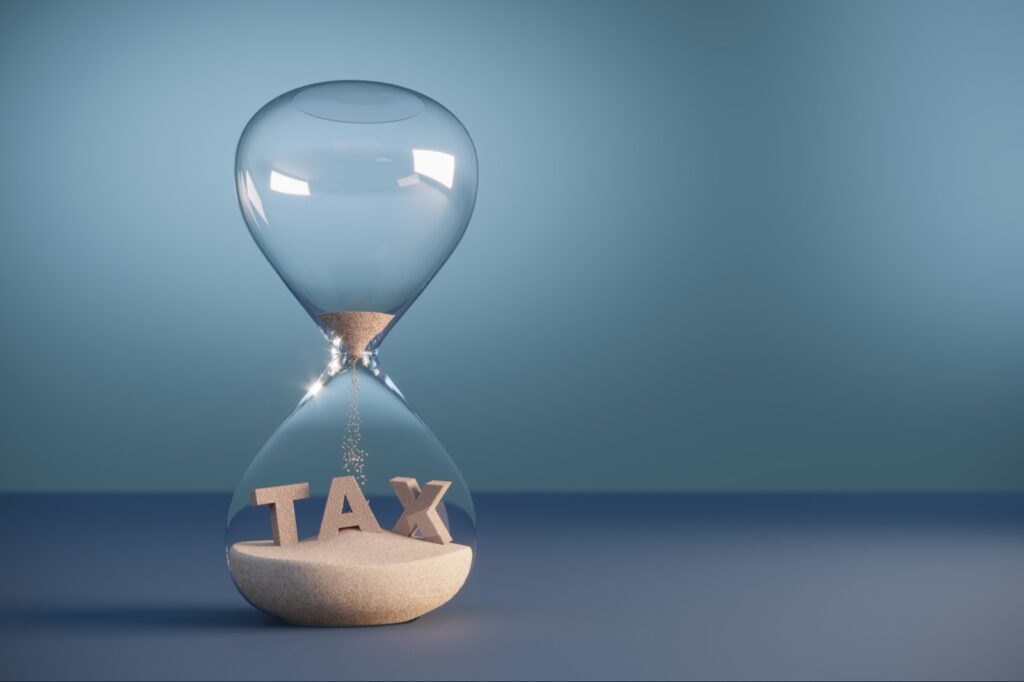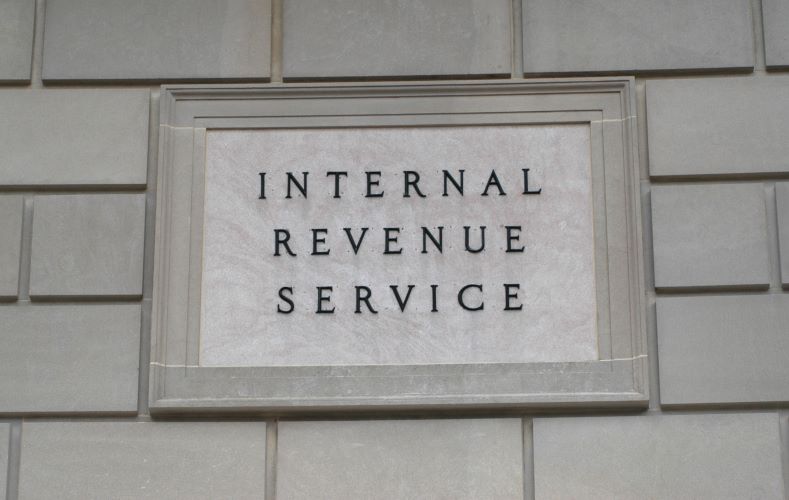News and updates surrounding the Paycheck Protection Program (PPP) have been on the decline in recent months. The inability of Congress and the White House to agree on another Coronavirus stimulus package has left the PPP, including loan forgiveness, unchanged for an extended period. Given the number of changes made since the program was created, many Chicago businesses have been waiting for additional updates prior to submitting a loan forgiveness application. The good news is that on October 8, 2020, the Small Business administration (SBA) issued a new “simpler” loan forgiveness application for borrowers with loans that are less than $50,000. The new application is designed to not only make loan forgiveness easier, but also reduce the administrative burden on small businesses.
The new application, SBA Form 3508S, is less than two pages and is accompanied by a comprehensive instruction packet. There was also a change made through a new Interim Final Rule which modifies two important loan forgiveness reduction requirements. To help clients, prospects and others, Selden Fox has provided a summary of key details below.
Reductions to Loan Forgiveness
Borrowers that use SBA Form 3508S are exempt from forgiveness reductions based on changes to full time equivalent (FTE) employees or employee salaries and wages. The change was made because most borrowers with this loan size have one or less employees. As a result, it is unlikely removing the reduction requirements would have little impact because most did not reduce FTE employees or salaries/wages.
New Loan Forgiveness Application
The streamlined SBA Form 3508S does not require calculations to be included. Similar to other applications, borrowers are required to determine the amount of eligible payroll and non-payroll expenses incurred during the Covered Period (or Alternative Covered Period). For payroll expenses the borrower should calculate the total of eligible cash compensation, employee benefit costs, and owner compensation. It is important to remember the total amount of payroll expenses cannot exceed an annual salary of $100,000.
For non-payroll expenses the borrower should calculate the total of eligible non-payroll expenses including interest on mortgage obligations and rent and utility expenses. Payments qualify if they service mortgage or utility expenses that were started, or entered into, prior to February 15, 2020. These expenses must have been paid during the Covered Period and may not exceed 40% of the total forgiveness amount.
Borrowers are also required to submit the following documentation with the loan forgiveness application.
- Payroll Expenses – This includes bank statements or payroll reports documenting the amount of cash compensation paid, tax forms for periods overlapping with the Covered Period, payroll tax filings (IRS Form 941), quarterly business and individual wage report, and unemployment filings submitted to the states. Finally, it is also necessary to provide payment receipts, cancelled checks of account statements documenting contributions to employee health insurance or retirement account that the borrower included in the loan forgiveness application.
- Non–Payroll Expenses – This should include documentation verifying the existence of obligations/services prior to February 15, 2020, and eligible payments made during the Covered Period. For mortgage interest payments, a copy of the lender amortization schedule, receipts, cancelled checks, or lender account statements verifying interest amounts and proof of payment. Borrowers should also include copies of current lease agreements along with copies of utility invoice and proof of payment during the Covered Period.
In addition, borrowers are required to retain, but not submit, all records relating to the loan, including copies of documentation submitted with the original loan application, information supporting all certifications, details related to the forgiveness application, and any other information that demonstrates compliance with PPP requirements.
Contact Us
The recent changes to the PPP loan forgiveness application is welcome news for many Chicago businesses and nonprofits. While the application has been streamlined, borrowers are still required to make complex forgiveness calculations which may require the assistance of an outside advisor. If you have questions about the information outlined above or need assistance with a tax or accounting issue, Selden Fox can help. For additional information call us at 630.954.1400 or click here to contact us. We look forward to speaking with you soon.




